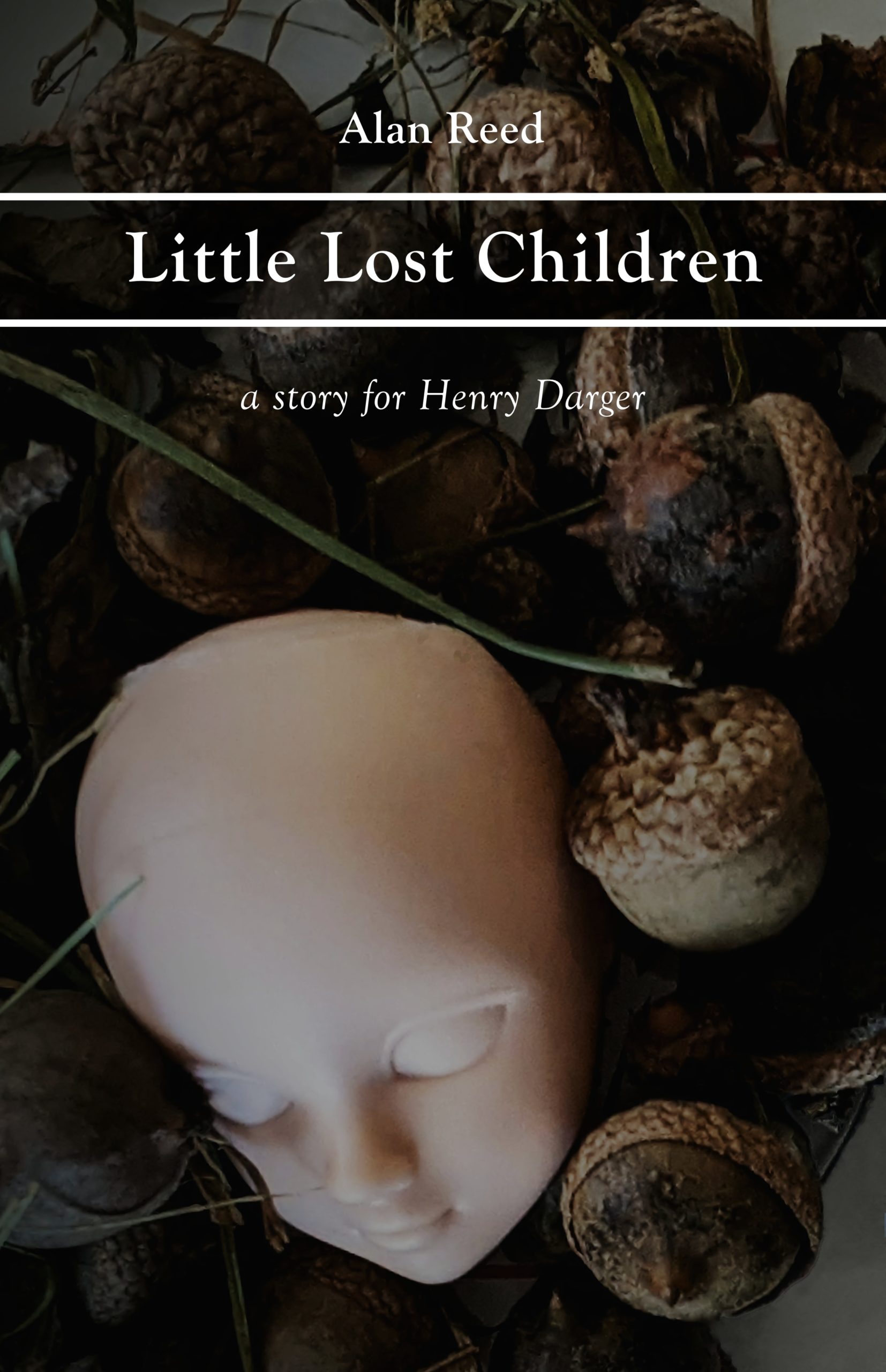Little Lost Children
An excerpt
It was not yet dawn, the sky was starting to lighten but the night was still thick on the ground and they stood, the bravest of us, at the very edge of the forest, where what remained of the dark kept them safe and unseen. They stood and they peeped with their bright eyes at the camp the army had made at the edge of the woods. It was like looking at a gigantic monster, coiled like a snake about its prey and restlessly slumbering. It would take so little to wake it. They prowled the edge of the dark, watching the tents, the still shapes of the cannons, the rumbling sounds of so many men snoring and the deadly quiet of the handful still awake, the sentries on the lookout for any child foolish enough to try what they had set out to do.
They crept out of the dark and into the enemy camp, into the haphazard maze of soldiers’ tents pitched here and there. There were shadows waiting for them there, beckoning to them – here, come here, we will keep you safe – and they slid gratefully from one patch of darkness to another. They were so close to the soldiers standing guard that they could smell the unwashed stink coming off of their uniforms. It was the stink of gunpowder, of killing and death. Their little hearts beat thunderously. They were afraid but they did not feel afraid. The fear was exhilarating. They crept by the sentries. They wanted to run, their hearts were beating that fast in their chests. It took all their strength not to. They could not, not yet.
They danced away from the flickering of the campfires whenever they crackled and stabbed out viciously into the dark, they crept past sentry after sentry, barely daring to breathe, until at last there were no more tents and no more soldiers lying in wait before them. They had made it, they had made it through. And over there, beyond the slumbering stink of all these brutish, murderous men, the sun was just coming up. Bright yellow spilled out over the earth, as if to welcome them to a world lying beyond fear and terror and endless death. Now was the time to run. They ran into the tall grasses and the bright, beautiful morning, away from the danger left behind them and headlong into the danger still waiting ahead.
And they laughed. It had been so long since last they laughed. They laughed and it was not like a sound that children make. It did not bubble freely from them, it came from the corners of their mouths, from sly and cunning smiles. It sounded wild and cruel.
They ran through the morning and tirelessly all through the day, and then, ahead of them, the city came into view. They were nearly there, they were nearly done. Soon the tide of the war would change. They skulked and they crept, through lanes and cellars and and alleyways, always close to the shadows, always out of sight. They were not the children they had been. Their bodies were leaner and stronger, their eyes were different. Their eyes were becoming sharp, like the teeth of wolves are sharp. They scrounged for food in garbage bins and they napped, they waited until it was night and then, under the cover of darkness, they stood up straight and tall and they walked out into the street.
Their clothes were so ragged and torn that they hung from their bodies in tatters and they did not care. The sun and the cold of night did not bother them anymore. They had no more need of clothes. Their hair was tangled and hung in filthy clots from their heads. They strode on bare feet and their eyes gleamed wickedly in the dark. They stalked through the streets until they stood in front of the columns and the marble facade of the post office. From here, letters were sent all over the world. From here, we could call for help and be heard wherever love for children still held fast in the hearts of men. They circled around the building it, sniffing at it, testing its walls, its windows, the drainpipes leading up to its roof. They climbed and they found a way in through a window on the third floor. They did not turn on any of the lights, they had no need to. Darkness was no stranger to them, it had become their dearest friend. They found paper and they found pens. They crouched over a desk, more beasts than children, and they wrote letters in their very best handwriting. They folded them neatly and they put them into envelopes and they sent them all over the world, to all the grown men and women who loved children and could not bear to see us suffer.

Little Lost Children